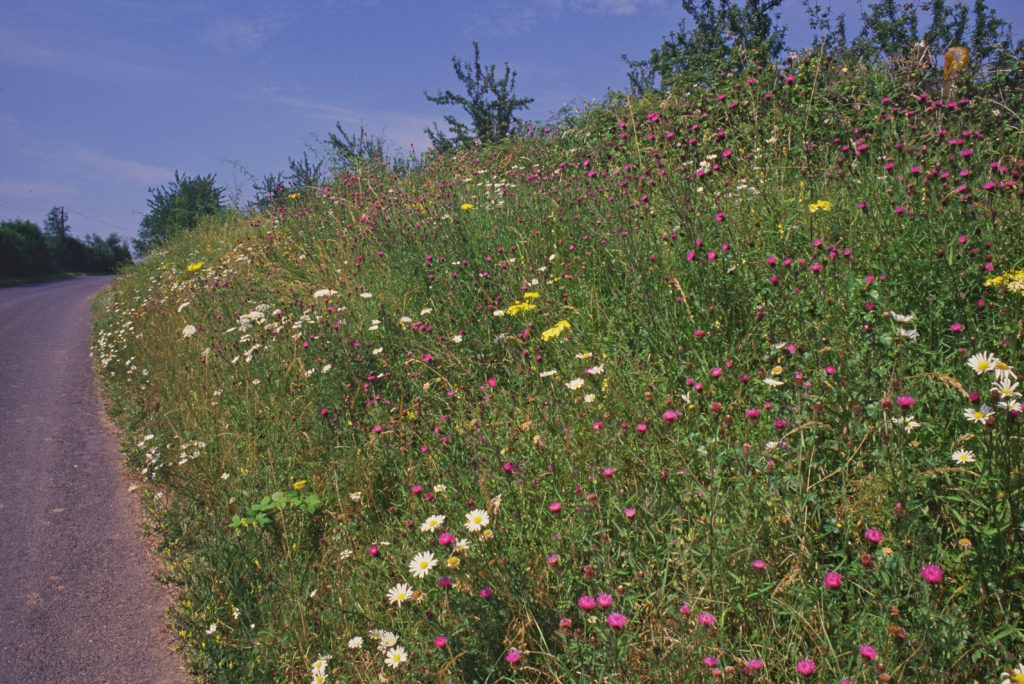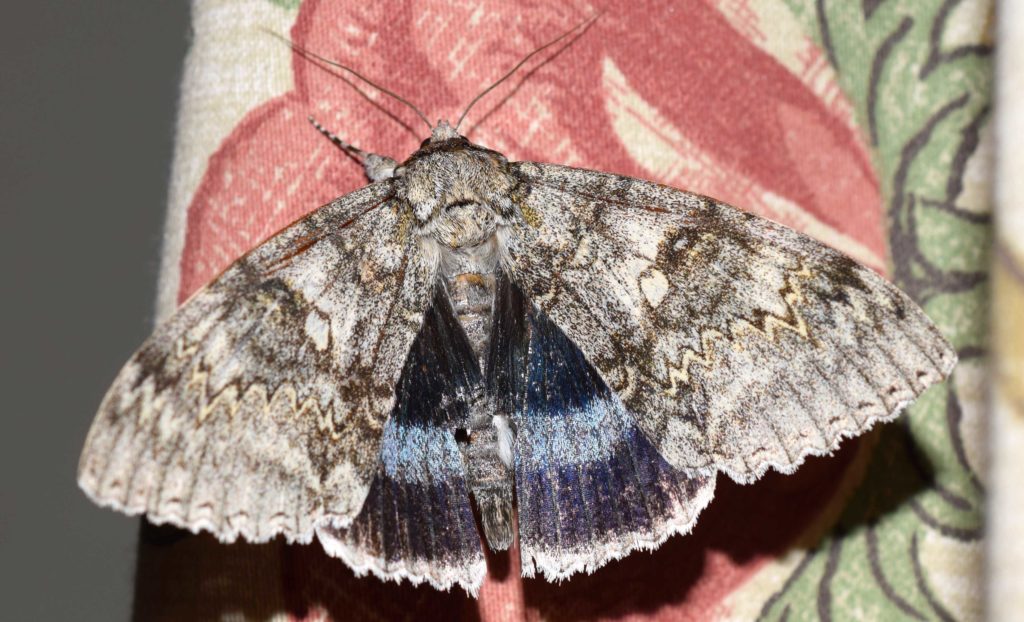
The Times reports bees, butterflies and birds could return to the outskirts of towns and cities under plans being considered by ministers to create a “wild belt” to restore depleted natural habitats. Robert Jenrick, housing secretary, is understood to be keen on the idea of wildlife corridors as a way to encourage greater biodiversity across the country.

